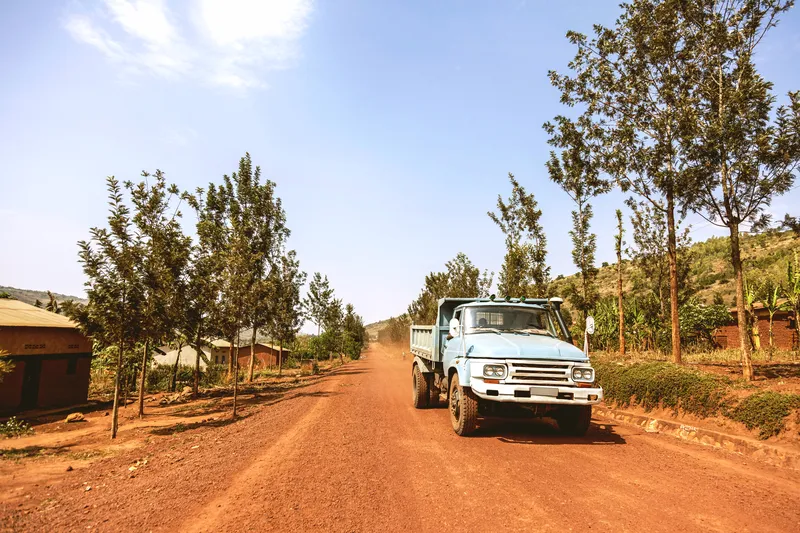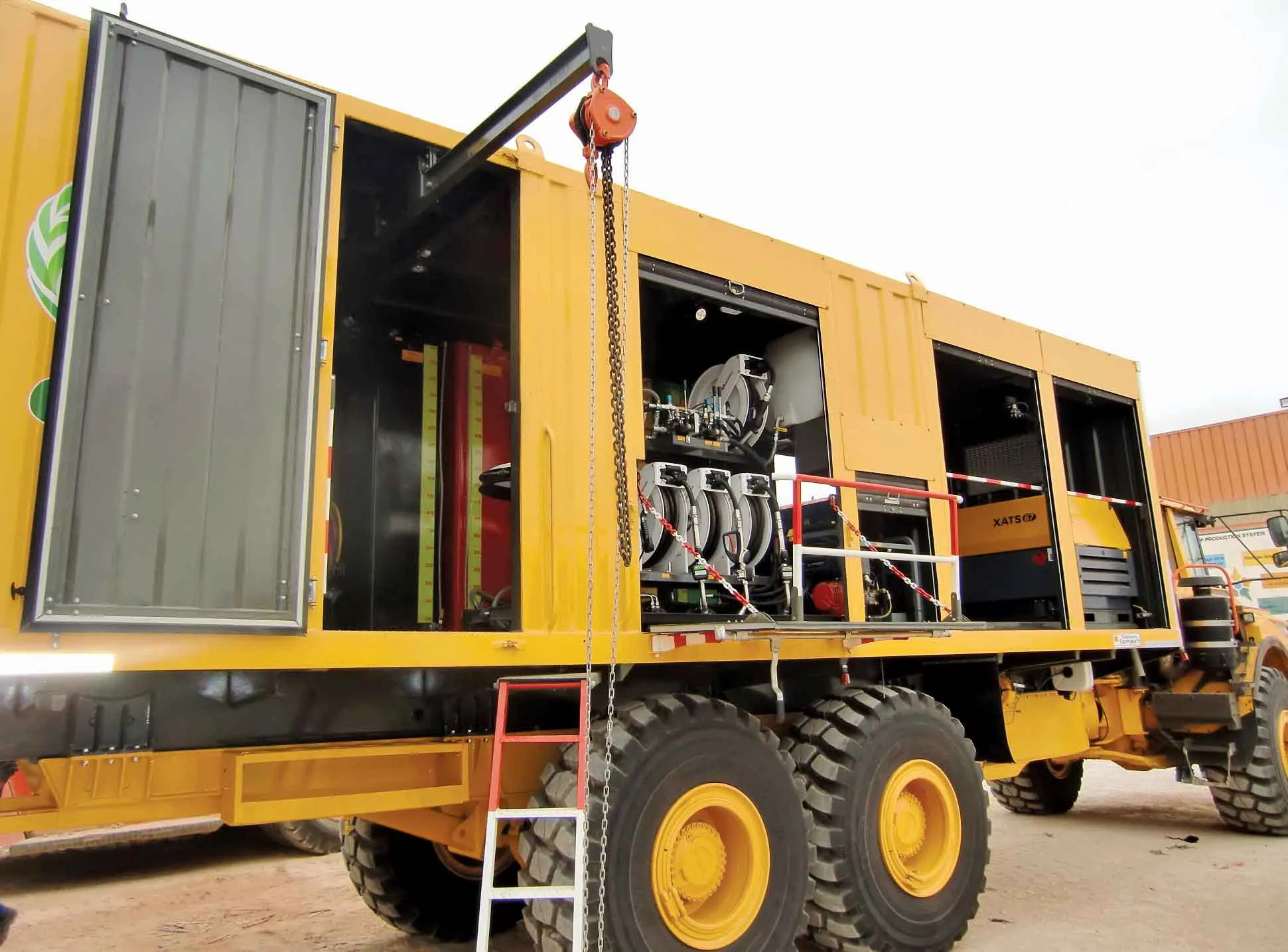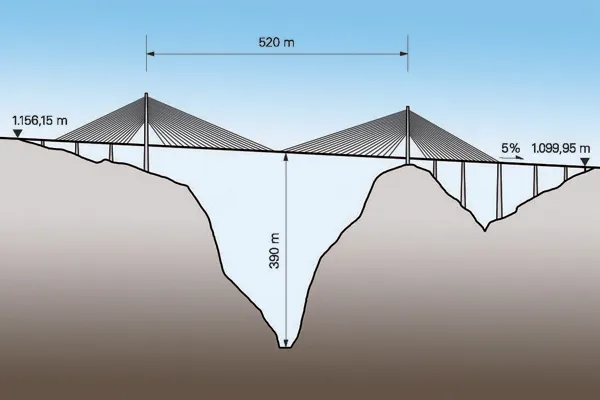
Rwanda is tendering for a 14 km road from Rusozi to the Mahama refugee camp road as part of its international obligation towards refugees.
The successful bidder for the Lot 1 project will be responsible for the design and construction of the road as well as maintenance for three years, according to Rwandan government documents. However, the maintenance cost of the last of the three years will be borne the central government.
The Mahama camp is in the Kirehe District within Rwanda's Eastern Province. There is currently a paved road up to the town of Rusozi from where it becomes a 7.5m-wide dirt track for the 14km to the camp, home to thousands Burundian refugees since 2015.
In 2021 there was estimated 125,000 refugees in Rwanda, despite 27,000 returning to Burundi. The vast majority of these were in Mahama and remain there today.
The road from Rusozi to Mahama is used by cars carrying food to Mahama camp and well as vehicles carrying construction materials, motorbikes, bicycles and ambulances – not mention hundreds of pedestrians. Accidents are all too frequent, according to government and non-government organisations helping refugees.
A large number of accidents occur during and right after heavy rains that can very quickly create large ruts in the track surface. There has been for many years concerted efforts by local residents and farmers to maintain sections adjacent to their properties.
Bidding will be done through the International Competitive Bidding Procedures as set out in World Bank regulations for its borrowers.
Deadline to submit the responses is January 20, 2023.








